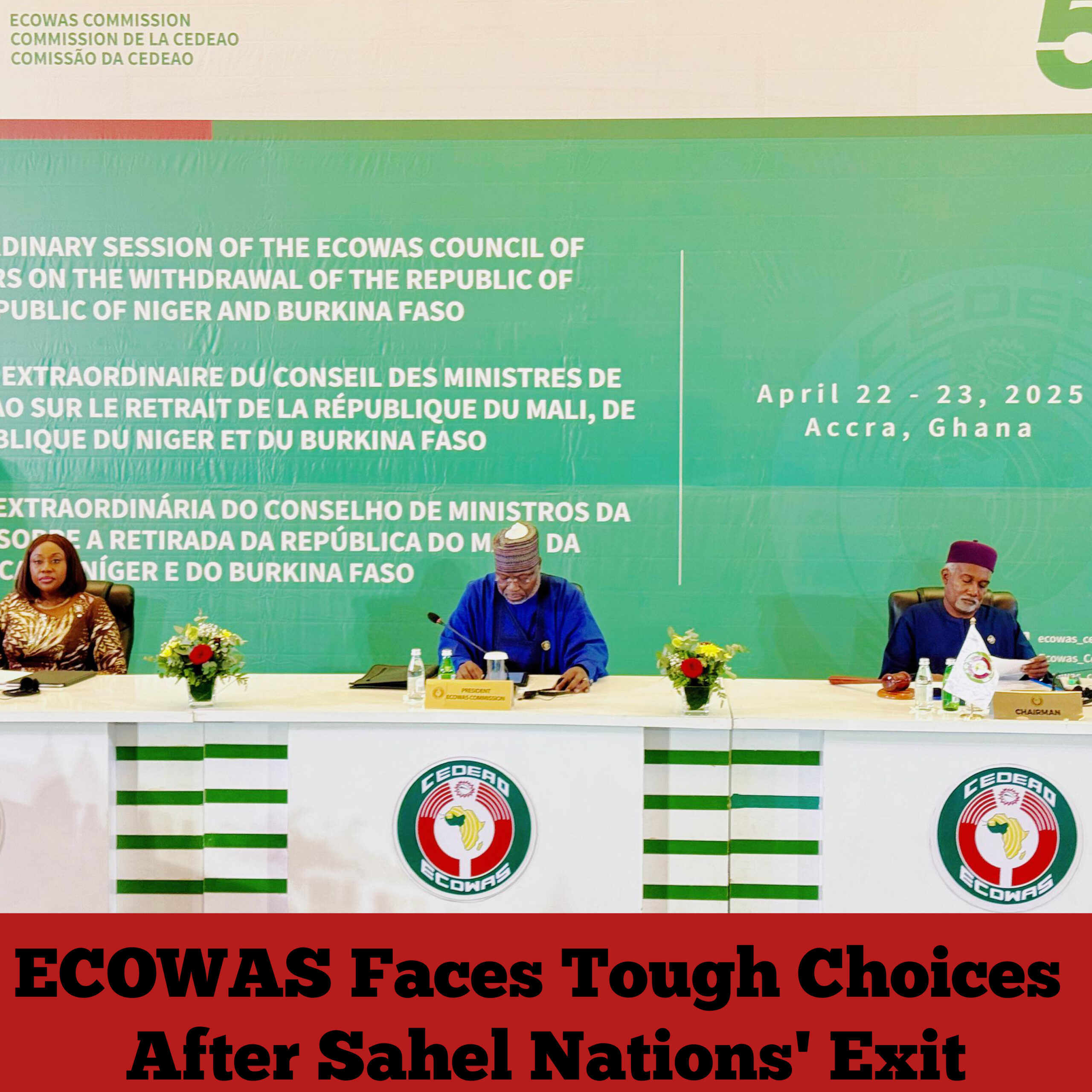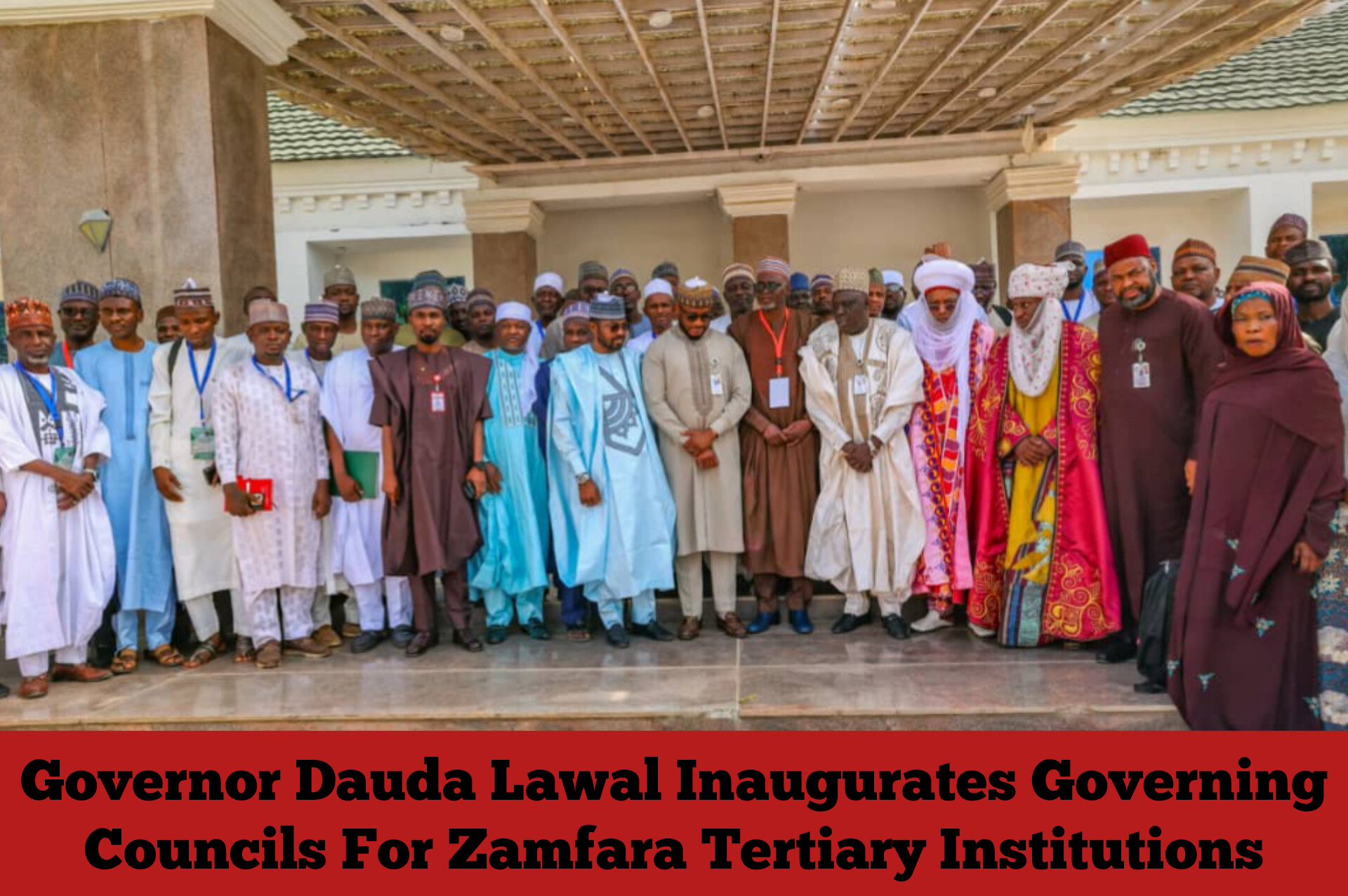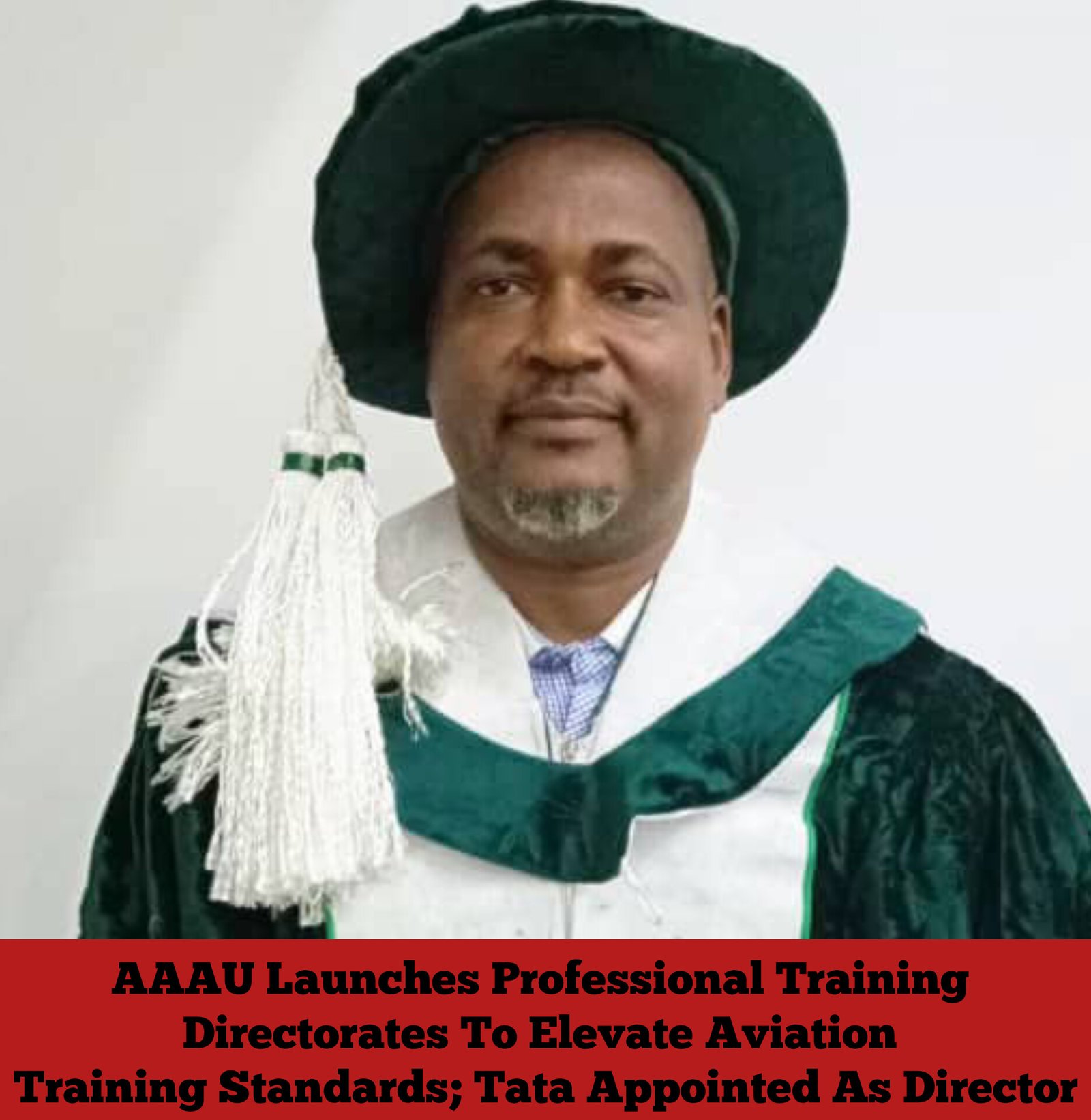The Economic Community of West African States (ECOWAS) Council of Ministers convened an Extraordinary Session in Accra to develop contingency measures following the formal notification of withdrawal by Burkina Faso, Mali, and Niger from the regional bloc.
The high-level meeting, chaired by Nigeria’s Minister of Foreign Affairs, Ambassador Yusuf Maitama Tuggar, gathered regional leaders to navigate the challenges posed by the departure of the three Sahelian nations. In his opening remarks, Amb. Tuggar expressed the bloc’s gratitude to the Government and people of Ghana for hosting the critical gathering and commended both Ghana and the ECOWAS Commission for successfully launching the “ECOWAS at 50” celebrations.
“This meeting underscores our collective resolve to uphold the principles of regional cooperation and integration in West Africa,” Tuggar affirmed.
ECOWAS Charts Path Forward Amid Regional Tensions
The emergency session was convened in response to a directive from the ECOWAS Authority of Heads of State and Government during its 66th Ordinary Session. The Council of Ministers has been tasked with formulating operational plans to manage the withdrawal process, including the suspension of programs in the departing countries and addressing issues tied to the free movement of people, goods, and services within the ECOWAS region.
Additionally, the Council is assessing the possible relocation of ECOWAS institutions and agencies currently based in Burkina Faso, Mali, and Niger. The Chair acknowledged the gravity of the moment, describing it as a difficult chapter in the organization’s history.
“It was never our wish to deliberate on the withdrawal of member states. But we respect the sovereignty of these nations and must now adjust our strategies to safeguard the community’s future,” Tuggar noted.
Call for Unity and Institutional Renewal
Despite the challenges, ECOWAS leadership emphasized the importance of seizing this moment as an opportunity for institutional reform and renewed commitment to regional unity. Ambassador Tuggar reiterated ECOWAS’s status as Africa’s most integrated regional bloc, grounded in shared policies and cooperative frameworks for political, economic, and security advancement.
“As we navigate this crisis, our duty is to preserve the ECOWAS legacy and ensure a stronger, more resilient community for future generations,” Tuggar declared, urging ministers to engage in constructive, solutions-oriented discussions.
He concluded by reaffirming ECOWAS’s role as the primary platform for addressing West Africa’s collective challenges and aspirations, noting, “Membership, as the saying goes, has its privileges.”





